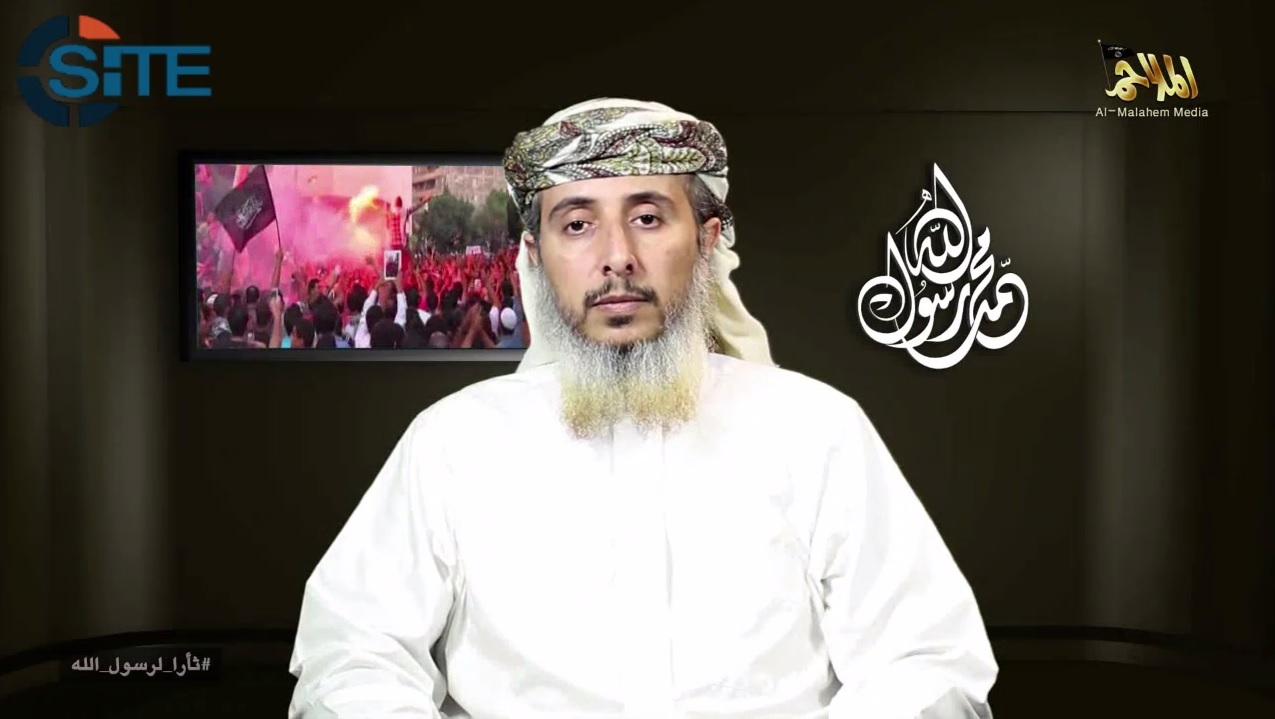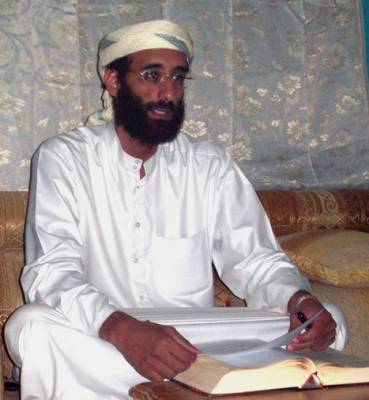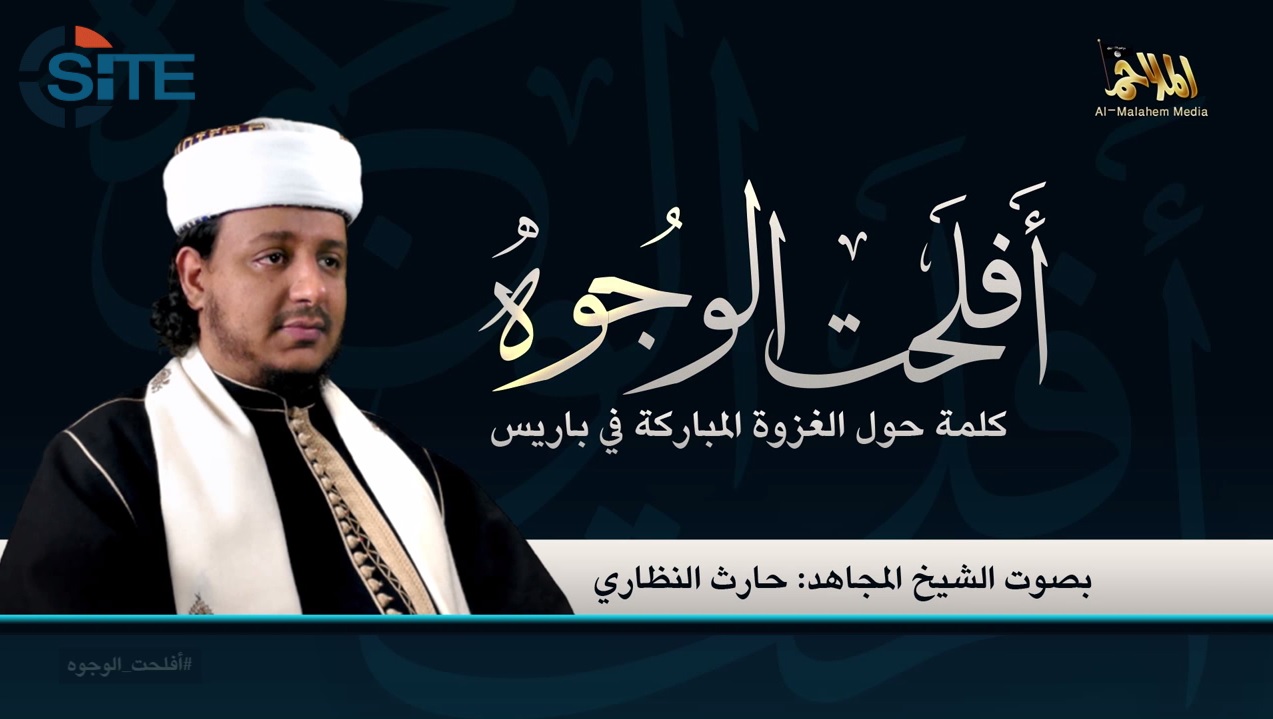AQAP Claim of Responsibility for Charlie Hebdo Attack Illustrates Group’s Reach, Planning

Al-Qaeda in the Arabian Peninsula’s (AQAP) January 14 release of a video claiming responsibility for the deadly attack on the offices of Charlie Hebdo in Paris provides not only confirmation of its involvement, but also insight into the group’s methods of operation.
The claim marks AQAP's first official Western attack carried out to success...
The claim marks AQAP’s first official Western attack carried out to success, following past failed attempts such as the 2009’s Christmas Day attack by “underwear bomber” Umar Farouk Abdulmutallab, and the group’s 2010 attempt to send explosives on a cargo plane bound to the U.S.
In the 11 minute, 44 second visual speech, was released on Twitter and was, in an unusual fashion, followed up by graphics celebrating the attack. In it, AQAP official Nasser bin Ali al-Ansi clamied that AQAP was in charge of all aspects related to the Charlie Hebdo attack, including choosing the target, planning, and financing:
We in the Organization of Qa'idatul Jihad in the Arabian Peninsula [AQAP] claim responsibility for this operation as a vengeance for the Messenger of Allah. We clarify to the ummah [nation] that the one who chose the target, laid the plan and financed the operation, is the leadership of the organization.
Interesting is the way in which Ansi claimed that the attackers, Chérif and Said Kouachi, had become affiliated to AQAP. Following up on his statement of responsibility for the attack, Ansi mentioned Anwar Awlaki, the American AQ recruiter killed in Yemen in September 2011:
The arrangement with the amir [leader] of the operation were made by Sheikh Anwar Al- 'Awlaki - may Allah have mercy on him, who threatens the West both in his life and after his martyrdom. He's lofty in both his life and death.
 Attributing Awlaki as handling “the arrangement with the amir [leader]” of the operation may provide further details of Said Kouachi’s alleged training in Yemen in the summer of 2011.
Attributing Awlaki as handling “the arrangement with the amir [leader]” of the operation may provide further details of Said Kouachi’s alleged training in Yemen in the summer of 2011.
Important to note, however, is that contrary to media reports and analysis, AQAP’s statement did not claim Awlaki’s role to be in the planning of the attack, but in the “arranging” the contacts with Kouachi—more likely referring to recruitment or introducing Kouachi to other members of the group. AQAP made it clear that the planning and the execution of the attack was the role of the group’s leadership.
Equally interesting was Ansi’s statement on Amedy Coulibaly, the now-deceased jihadist who had taken several hostages in a Paris grocery store on January 9 (two days after the Charlie Hebdo attack). Ansi claimed that while Coulibaly’s attack in Paris was a “tawfeeq [good fortune],” it was not the work of AQAP, stating:
This blessed battle was carried out by two heroes of Islam, the Kouachi brothers Sharrif and Sa'id - may Allah have mercy on them. It was a tawfeeq (success) from Allah that the operation coincided with the operation of the Mujahid brother Ahmed Koulibali - may Allah have mercy on him. We ask Allah to accept them all among martyrs, and bless them the company of the Prophets.
Indeed, a video released on January 11, showing Coulibaly pledging to the Islamic State (IS) before his attack, coincides with this claim, making it even less likely that Coulibaly had any contact with AQAP when planning his attack.

However, reports that Hayat Boumeddiene, Coulibaly’s alleged girlfriend and suspected partner in attack, had made 500 phone calls with the wife of Cherif Kouachi suggest that the two may have coordinated with the Kouachi brothers.
If the Kouachi brothers had in fact worked with Coulibaly on the attack, it would suggest that while AQ and IS remain bitter rivals, members of the different groups remain willing coordinate on the operational level.
If the Kouachi brothers had in fact worked with Coulibaly on the attack, it would suggest that while AQ and IS remain bitter rivals, members of the different groups remain willing coordinate on the operational level.
It is also interesting that only in their second message on the Charlie Hebdo operation did AQAP officially claim responsibility. An initial message by the group, released on the Friday following the attack, featured a voice attributed to AQAP Shariah official Harith bin Ghazi al-Nadhari praising the attacks, but not definitively confirming or denying what was widespread speculation of the group’s involvement.

AQAP’s considerably late release of this video—put out a week after the Charlie Hebdo attacks—may perhaps be explained by an AQAP-linked jihadist’s statement made on January 9 in a prominent jihadist forum. The jihadist, under the name “Bakhsarof al-Yemen,” stated, shortly after the gunmen were killed, that AQAP was behind the attack, but had not yet claimed responsibility for “security reasons related to the executors.”
